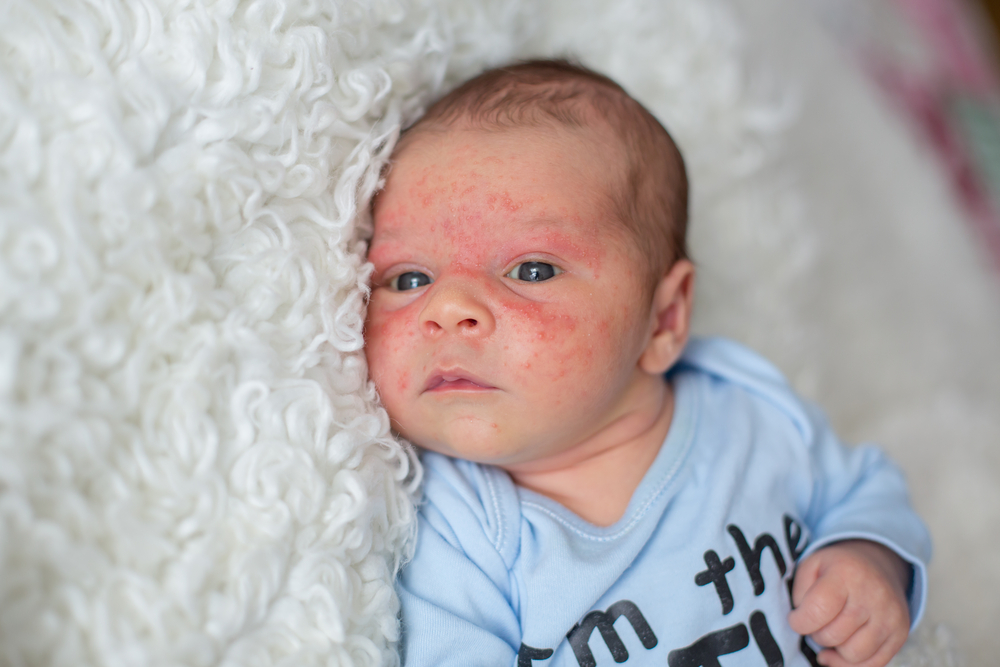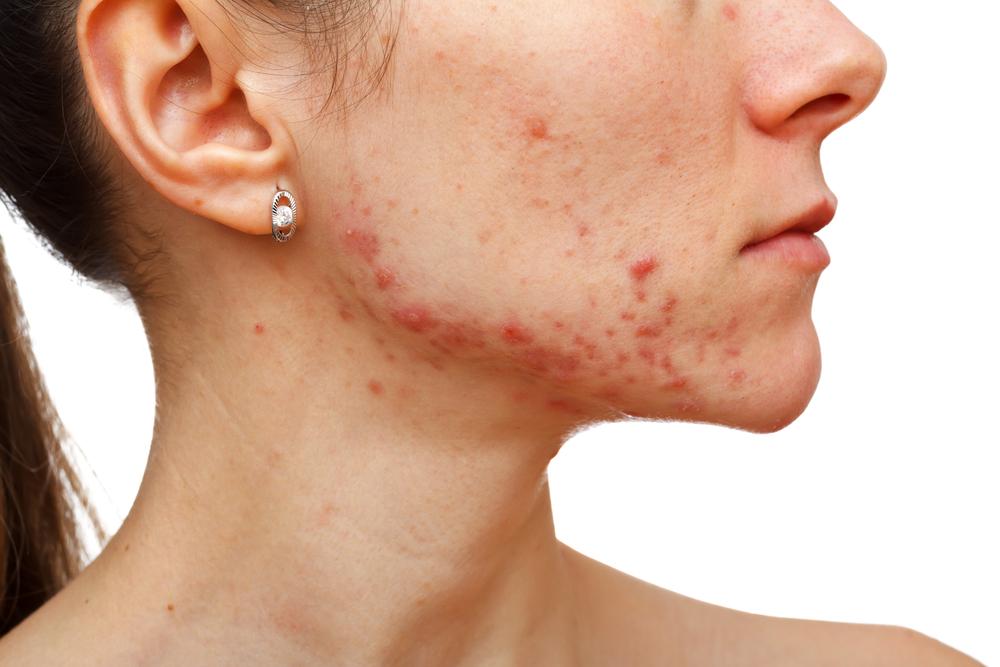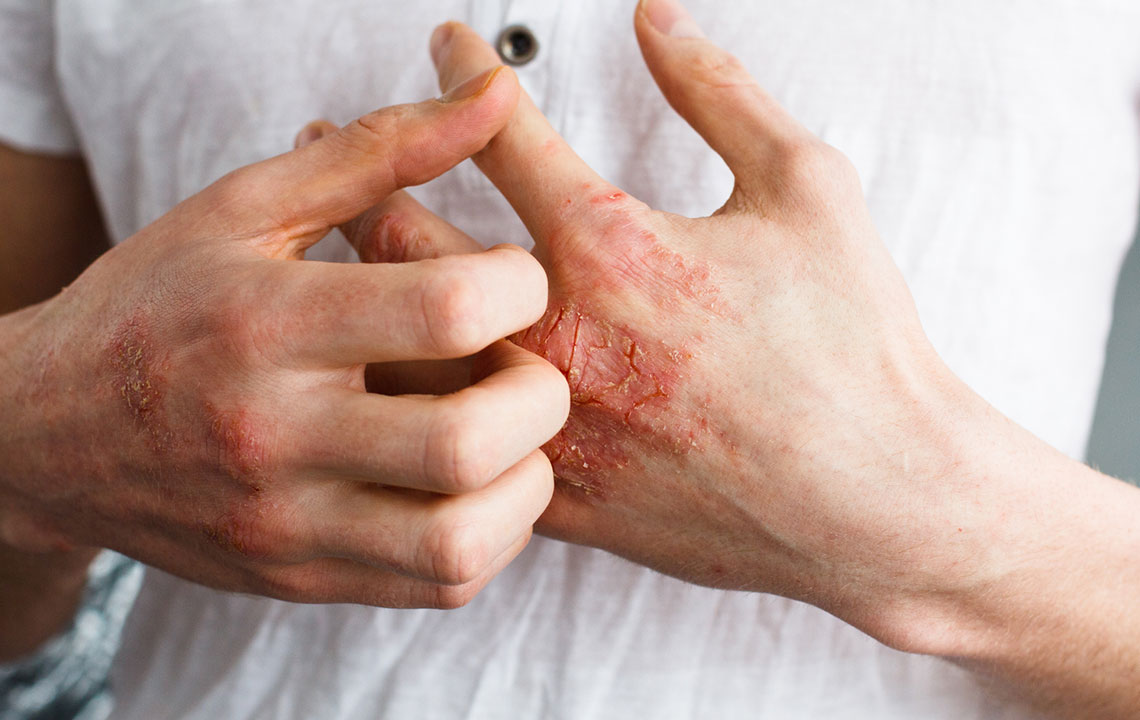Understanding Common Causes and Effective Management of Eczema
Eczema, a common chronic skin condition, affects all ages with symptoms like redness and itching. Its causes include genetic factors, skin barrier dysfunction, environmental triggers, and allergies. Management strategies focus on skin hydration, avoiding irritants, and using medications to control flare-ups. Early detection and lifestyle adjustments are crucial for effective control, as there is no permanent cure yet. This comprehensive guide explores common triggers and how to manage eczema effectively, improving quality of life for sufferers.

Understanding the Main Causes of Eczema and How to Manage It
Eczema is a widespread skin condition that impacts individuals across all age groups, from infants to seniors, and is observed in various climatic regions worldwide. Although it can occur at any time, it is particularly prevalent among children. The hallmark features of eczema include red, inflamed, and intensely itchy skin patches that can cause discomfort and interfere with daily life. Diagnosing eczema primarily relies on clinical appearance and patient history, rather than laboratory tests, making awareness of its triggers and symptoms essential for effective management.
What Is Eczema? Eczema, or atopic dermatitis, is a chronic inflammatory skin disorder characterized by episodic flare-ups and persistent symptoms in some cases. It involves a dysfunction in the skin's barrier, which impairs its ability to retain moisture while resisting external irritants and allergens. This compromised skin barrier results in dry, rough skin that is susceptible to irritation and infection. The condition is multifaceted—affected by genetic, environmental, and immune system factors—resulting in complex management strategies.
Approaches to Managing Eczema Managing eczema involves a comprehensive approach aimed at reducing symptoms, minimizing flare-ups, and improving skin health. While there is currently no definitive cure, a combination of skincare routines, medications, and lifestyle modifications can significantly improve quality of life. Consistent skin hydration is paramount, and patients are advised to use gentle, fragrance-free cleansers and emollients. Topical corticosteroids and anti-inflammatory medications are often prescribed to control inflammation and itching. Ongoing research aims to discover more targeted and long-lasting treatments, including novel biologic therapies.
Understanding the Root Causes of Eczema Although precise causes of eczema remain elusive, multiple factors are believed to contribute to its development and exacerbation:
**Skin Barrier Dysfunction:** A defective skin barrier makes the skin prone to moisture loss and external irritant penetration, leading to dryness and sensitivity that trigger flare-ups.
**Genetic Predisposition:** Family history plays a crucial role; individuals with relatives affected by eczema, hay fever, or asthma are more susceptible to developing the condition themselves.
**Environmental and External Triggers:** Exposure to allergens like pollen, pet dander, dust mites, and harsh chemicals can provoke allergic reactions, worsening eczema symptoms.
**Lifestyle Factors:** Stress, extreme weather, and use of irritating skincare or laundry products can compromise skin integrity and precipitate flare-ups.
**Food Allergies:** Particularly in children, certain foods such as dairy, eggs, and nuts may provoke allergic reactions that exacerbate eczema.
Early recognition of eczema symptoms—such as dry patches, redness, swelling, and persistent itching—is critical. Prompt medical consultation helps in devising personalized management plans, preventing complications like skin infections, thickening, and increased discomfort. Lifestyle adjustments, such as wearing soft clothing, maintaining strict skincare routines, and avoiding known triggers, are equally vital for controlling flare-ups and maintaining skin health.





